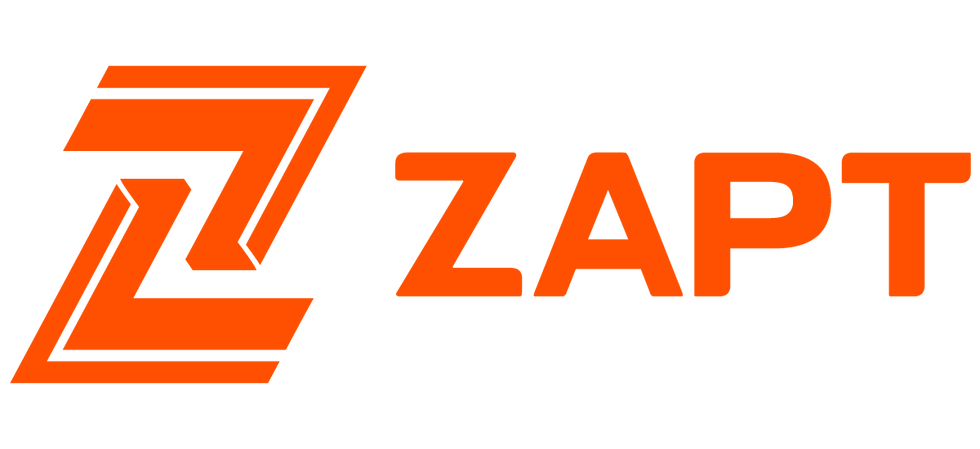Stories From Our Engineers: Dennis
- ZAPT
- Apr 1, 2022
- 3 min read
Updated: May 2, 2023

Welcome to the fifth entry in Zupt Autonomous Products and Technologies (ZAPT) blog series: Stories from Our Engineers.
As a technology company, our engineers have combined their knowledge from mechanical, navigation, localization, perception, and electrical engineering fields to build our first fully autonomous product, a robotic commercial lawnmower known as Nomad. During this series, several of our lead engineers will share their thoughts on how they played a role in designing Nomad, what makes it unique to them, and their view of where things are going in the future. The next engineer we would like you to meet is Dennis, our Senior Electrical Engineer responsible for developing the hardware, bringing the systems up, and preparing them for field testing/operations.

What He Brings
Dennis has always been a problem-finder and a problem-fixer. Whether this is at home fixing his appliances or at work trying to design the most efficient mowing width transformation state machine. As the first in his family to pursue engineering, he was drawn to electrical engineering because he likes constructing and designing things that work with the latest technology. This is the challenge in electrical engineering, the problems you face are not always repeatable, and it takes patience and determination to describe what is wrong before you can fix it.
Dennis has been excited to work on Nomad because he is responsible for the microcontroller programming and custom hardware that makes it "stand alive." In his previous electrical engineering positions, he worked solely on high-temperature electronics. He would use mature parts to design one thing, test it out, make it work, and not change it. "But it's a different ball game here," says Dennis. He is accountable for the hardware to enable the robotic mower to function autonomously. Nomad has never been designed before, so Dennis has enjoyed the adventure of inventing an advanced machine for the first time.
What He Does
He has two primary responsibilities: hardware design and firmware design. In simple terms, Dennis develops the specific electronic hardware that enables the functionality of Nomad. He designs printed circuit boards (PCB) and writes the firmware required to make these systems work.
Hardware design:
Designed the main microcontroller board that is the interface between our brain and the hardware (sensors and hydraulics) on the mower
Designed the Leg microcontroller boards that provide specific functionality to drive and steer the mower with high-resolution feedback.
Designed and tested our unique pulse width modulation control boards that have enabled very precise hydraulic steering control.
Purchases parts/components and manages the component's inventory
Requests quote and assign vendors to build these boards
Trouble-shoots and fixes electrical problems on the mower
Firmware design:
Writes the firmware for the main microcontroller
Writes the leg microcontroller functions
Writes CAN Bus test programs
Dennis also writes requirements specifications and test documentation to ensure these capabilities can be supported over the product's life.
What He Likes
Dennis has always wanted to be a part of a team working on autonomous technology. His interest in autonomous vehicles sparked after witnessing the launch and adoption of the Tesla cars. The first time he saw Nomad run, he was amazed by the capability that it could already do. He says, like Tesla cars, "Nomad has the future of technology that everybody is going after, and that is pretty cool." He likes making what was once a concept of an autonomous lawnmower and turning it into a reality to benefit the commercial landscaping market.
What He Sees
To Dennis, the end goal of Nomad is to be used everywhere with variations to accommodate all commercial landscaping applications. He compares Nomad to the autonomous Roomba vacuum. He says, "At first, the Roomba was very expensive, and nobody wanted it, but it has gained user acceptance, and now everyone wants it. If they can do it, we can do it."
This blog concludes the series over the Stories from Our Engineers. Thank you for continuing to read with us, and follow along for more insights into Nomad, ZAPT's fully autonomous robotic mower, over the coming weeks.
Коментарі